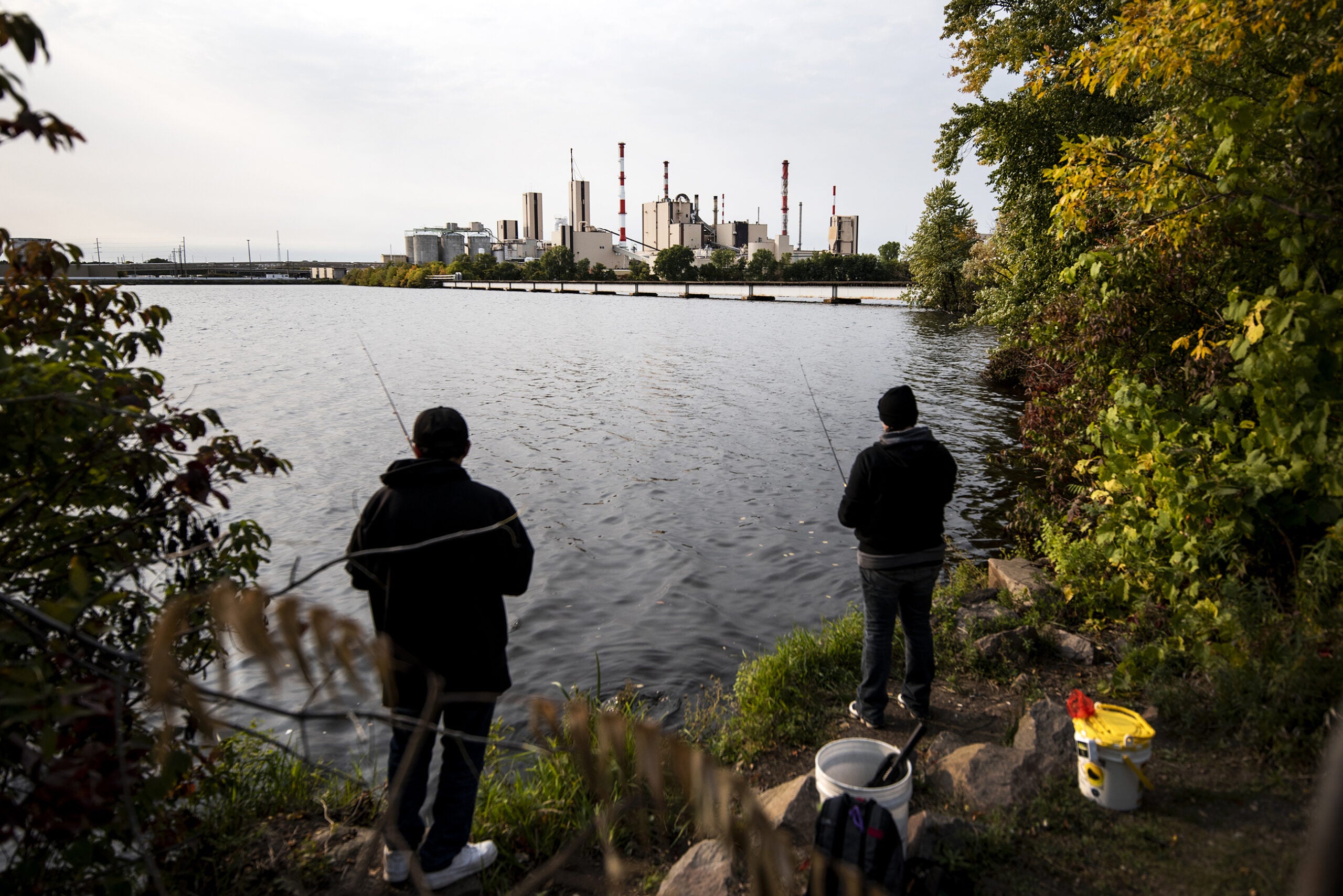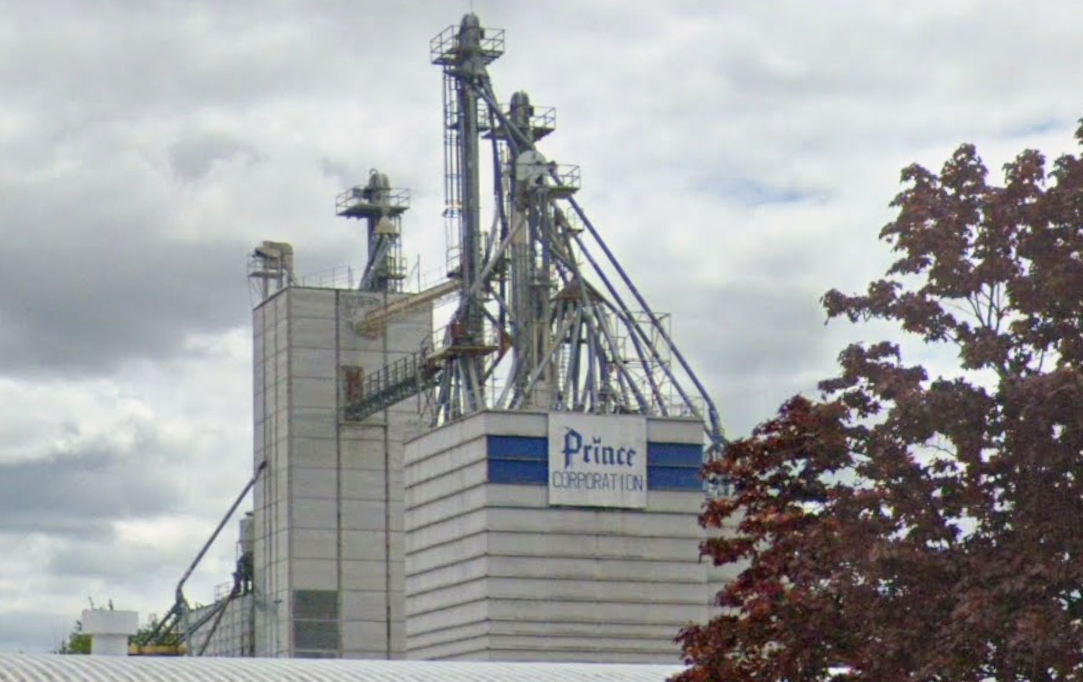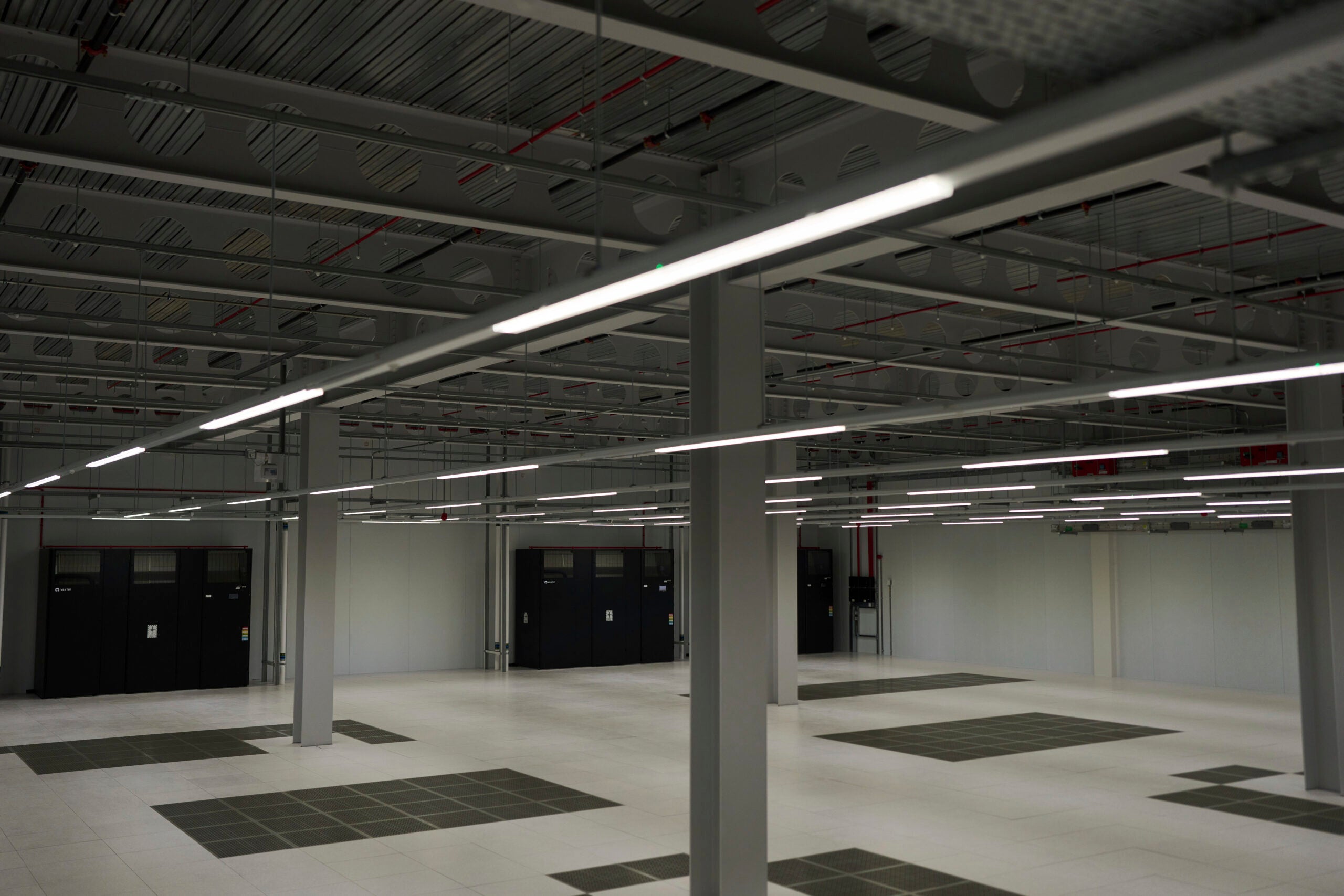News of the sale of the Ohio-based company Verso could have major implications on Wisconsin’s paper and timber industries. But the Swedish company that’s buying it hasn’t clarified its plans for the shuttered Wisconsin Rapids mill.
The Rapids mill employed 900 workers and served as the upper Midwest’s largest buyer of Wisconsin forest products until the company took the mill idle in July 2020. The closure has had lasting effects on the city, and on industries that relied on the mill — especially logging.
The packaging company BillerudKorsnas AB announced Sunday it would acquire Verso Corp. In statements and in a press conference, executives for the company announced a $1 billion, nearly decade-long plan to convert and upgrade the mill in Escanaba, Michigan, into a producer of sustainably made paperboard. They also discussed plans to maintain operations at Verso’s mill in Quinnesec, Michigan.
News with a little more humanity
WPR’s “Wisconsin Today” newsletter keeps you connected to the state you love without feeling overwhelmed. No paywall. No agenda. No corporate filter.
Conspicuously absent from either company’s statements, though, was significant discussion of Wisconsin Rapids.
Industry observers say the omission likely means Rapids is not a core part of BillerudKorsnas’ strategy, and may indicate that the Swedish company will look to sell off the idle mill.
That’s not what many in Wisconsin Rapids were hoping to hear. But it’s not necessarily bad news, said Paul Fowler, director of the Wisconsin Institute for Sustainable Technology at the University of Wisconsin-Stevens Point.
“It’s essentially cleared the way for a sale” of the Rapids mill, Fowler said. “My sense was they were in a holding pattern on the mill until Verso itself found an outright buyer. Now that they evidently have done that, it clears the way to having more substantive discussions about what happens with Rapids.”
Before agreeing to the BillerudKorsnas acquisition at $27 per share, Verso’s board considered an offer by the Connecticut-based hedge fund Atlas Holdings to take over the company for $20 per share. That offer, first announced in July, had effectively frozen discussions about the fate of the Rapids mill for the last six months.
Those discussions will now restart, said Assembly Rep. Scott Krug, R-Rome, who represents the area and has been deeply involved in the state response to the mill’s closure.
A nonprofit cooperative of timber producers was one of the groups that had been seeking to buy the mill before the Atlas Holdings offer shut discussions down. Krug said that possibility could be back on the table. His “mill bill” in the state Legislature would have authorized a $50 million state loan to aid in the purchase and reopening of the mill.
Krug said he’s still optimistic that the Rapids mill will find a way forward.
Whatever the new owners’ plans for it are, he said, “it cannot be any worse than Verso’s plan for Wisconsin Rapids. We’re already at the worst-case scenario.”
A spokesperson for BillerudKorsnas did not immediately respond to a request for information about the company’s plans for the Wisconsin Rapids mill. In its press conference, the company said it expects the Verso acquisition to be completed in mid-2022.
Amid uncertainty for workers in Wisconsin Rapids, Fowler said BillerudKorsnas expansion plans in Escanaba should serve as a needed piece of good news for Wisconsin’s forest products industry. It means the Upper Peninsula mill will be increasing its purchases of Wisconsin pulp wood.
“It doesn’t necessarily replace all that the idling of Rapids did, but it stabilizes that market pretty substantially in the Northwoods,” Fowler said.
Wisconsin Public Radio, © Copyright 2026, Board of Regents of the University of Wisconsin System and Wisconsin Educational Communications Board.






